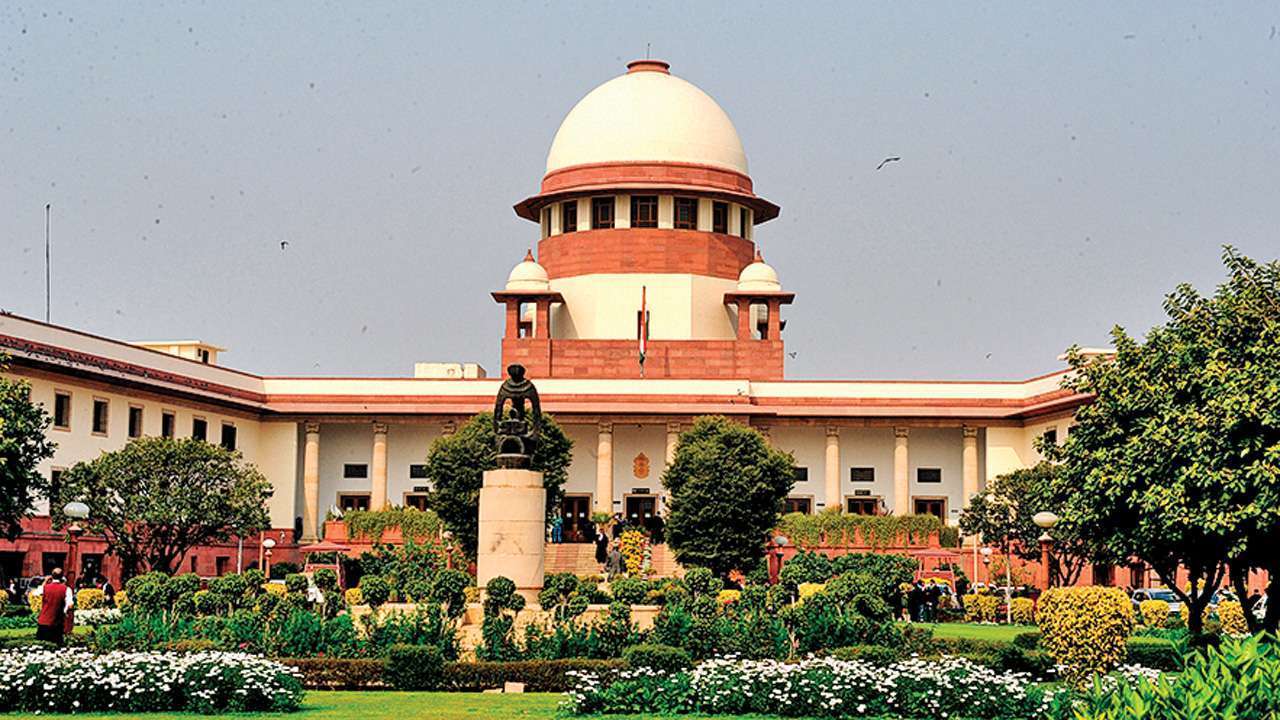On Tuesday, the Supreme Court reversed a 2017 appeals court docket ruling blocking a portion of an Indiana regulation requiring fetal stays to be buried or cremated, allowing the law to stand. The court denied to supply a writ of certiorari to the case, Box vs. Planned Parenthood of Indiana and Kentucky. The plaintiffs challenged two provisions of a 2016 Indiana regulation, HB 1337, signed into law using then-governor and modern-day Vice President Mike Pence. The first provision of the regulation challenged by using the plaintiffs, who have been represented through the ACLU, mandated that healthcare centers, including hospitals and abortion clinics, bury or cremate fetal stays from abortions and miscarriages in place of disposing of fetal tissue alongside different surgical tissue.
The Court also declined to pay attention to a project to a 2nd provision of the regulation, which outlaws abortions based on sex, race, or disability. In a prolonged concurring opinion, Justice Clarence Thomas passionately defended Indiana’s anti-discrimination provision, arguing that abortion is a “tool for eugenic manipulation.” The US Court of Appeals for the Seventh Circuit struck down the regulation in 2018, causing Indiana to attract the case to the Supreme Court, which reversed the Seventh Circuit’s ruling and allow the law to stand.
A representative for Planned Parenthood of Indiana and Kentucky, who challenged the regulation, did no longer, without delay, reply to INSIDER’s request for remark. In denying to listen to the attraction, Justice Sonia Sotomayor mentioned that the plaintiffs did not challenge the law underneath the same old set with the Court’s aid in the 1992 case Casey vs. Planned Parenthood. That widespread decided man or woman states cannot locate an “undue burden” on an affected person’s potential to attain an abortion.

Because the plaintiffs’ assignment did no longer rest on that widespread, the Court applied the rational basis general, which calls for a law to be “rationally associated with legitimate government interests.” Citing the previous precedent in which the Supreme Court held that states have “a legitimate interest within the right disposal of fetal stays,” Sotomayor reversed the Seventh Circuit’s ruling and allowed Indiana’s regulation to stay intact. “We reiterate that in tough this provision, respondents have never argued that Indiana’s regulation imposes an undue burden on a girl’s right to attain an abortion,” Sotomayor’s opinion stated. “This case, as litigated, therefore does no longer implicate our cases applying the undue burden test to abortion policies.”
Justices Thomas and Ruth Bader Ginsburg concurred, with Ginsburg arguing that rational foundation overview was “not the right standard” below which to review the law, and application of the undue burden well-known “might in all likelihood yield recovery of the judgment.” The Court letting Indiana’s regulation stand comes after Ohio, Georgia, Mississippi, Kentucky, and Alabama signed enormously restrictive bans on abortions after six weeks. In Alabama’s case, the system became essentially banned altogether, with the reason of bringing a case earlier than the Supreme Court that might result in the courtroom overturning Roe v. Wade.
However, none of those legal guidelines have long passed into impact. They are currently being challenged in court with the aid of businesses inclusive of the American Civil Liberties Union, Planned Parenthood, and the Center for Reproductive Rights. Justice Sotomayor anticipated that the Court denying to hear the appeal wouldn’t have tremendous implications for ability demanding situations to different abortion bans or restrictions on the idea they gift an undue burden. But attorneys advocating for abortion get the right of entry to are worried that this ruling contributes to a broader pattern of states proscribing get entry to abortion and stigmatizing the technique. “While this ruling is confined, the regulation is a part of a bigger trend of kingdom legal guidelines designed to stigmatize and power abortion care out of reach,” ACLU Reproductive Freedom Project director Jennifer Dalven stated in a Tuesday announcement to INSIDER.
